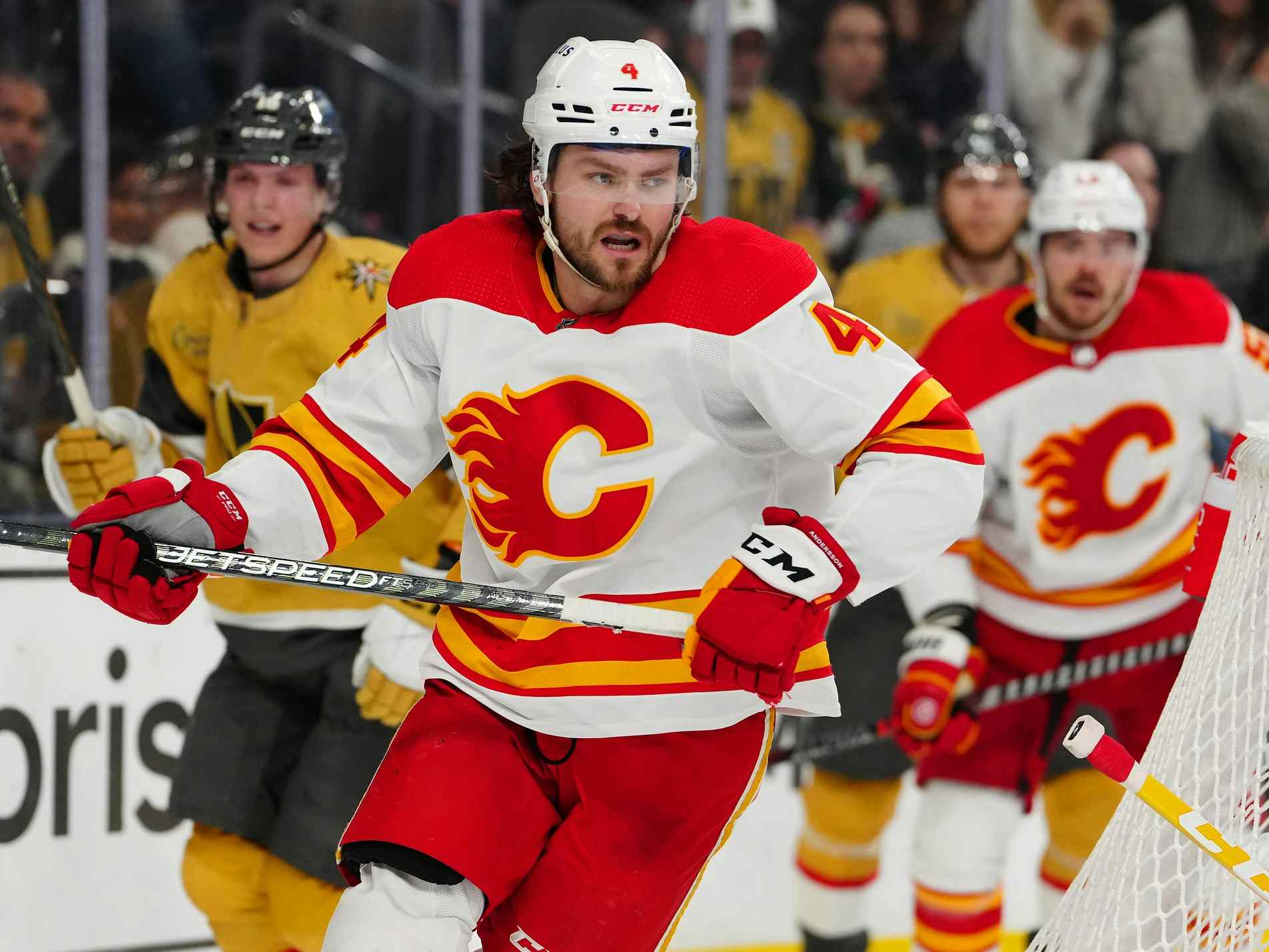Lance Bouma’s contract may come back to haunt Brad Treliving

By Ryan Pike
7 years agoTroy Brouwer’s contract is not good. We know it. You know. There’s a very good chance that after one season, even the Calgary Flames know it. But through three seasons of Brad Treliving’s management, Brouwer’s deal isn’t the biggest issue on the club heading into a busy summer.
It’s actually Lance Bouma’s three-year deal worth $2.2 million per season that’s the worst deal on the team for a handful of reasons.
It’s too expensive
In a cap world, teams need to have a logical structure to their team both in terms of the roles that players play and the cap structure of the team. On most teams, players that make a lot of money play on the top two lines, occasionally top three, or the top two defensive pairings. The remainder of the rosters are usually inexpensive role players.
Bouma? He’s been consistently in the bottom six during the first two seasons of his deal, and he’s even been a fairly regular healthy scratch.
It was based on bounces
Remember Bouma’s contract year in 2014-15? As a pending restricted free agent, everything went in for him. He had 16 goals and 34 points. His personal shooting percentage? 15.4%. The two seasons before that? 3.8% and 6.1%. After? 4.1% and 5.7%. From that standpoint, it’s an obvious outlier.
His on-ice shooting percentage (the percentage of all shots by anybody on the Flames that went in when he was on the ice) that year? 10.8%. The rest of his career wobbled between 6.5% and 8.3%. Again, that season was an outlier. Everything (relatively) went in for him whenever he was on the ice. It wasn’t likely to happen again. So far, it hasn’t.
It’s too long
Let’s give Bouma and the Flames the benefit of the doubt. Two years ago, Bouma was a 25-year-old bottom sixer. Generally speaking, players don’t catapult from the fourth line to the top six at that age, but it does happen from time to time. Also generally speaking, big spikes of production in contract years for restricted free agents are usually followed by “show me” contracts – short-term deals that allow a team to hedge their bets and allow a player to build a bigger sample size of strong play on which to base a contract ask.
Instead, the Flames gave Bouma a three-year deal based off of one good season. It probably allowed them to avoid arbitration, but it’s a big drag on their payroll for a long while.
It sets an awful precedent
Here’s the worst part: having Bouma on the books allows basically every good bottom sixer to point at the deal and say “I want that, too.”
Sam Bennett, Kris Versteeg, Alex Chiasson and Micheal Ferland all require new contracts this summer. All have higher levels of cumulative career production than Bouma did at the time he was rewarded with his shiny new deal. All have scored more than Bouma in recent years. Heck, Versteeg even out-scored Bouma’s percentage-driven contract year. If I’m one of their agents, I point out the similarities, demand the Bouma deal and then sit and wait.
Bouma’s contract is too expensive and too long. And because it’s still on the books, it gives pending free agents a very simple internal market value for bottom sixers through a deal signed by the current general manager. In other words: it’s likely to become even more expensive for the Flames before it finally expires next summer.
Recent articles from Ryan Pike




